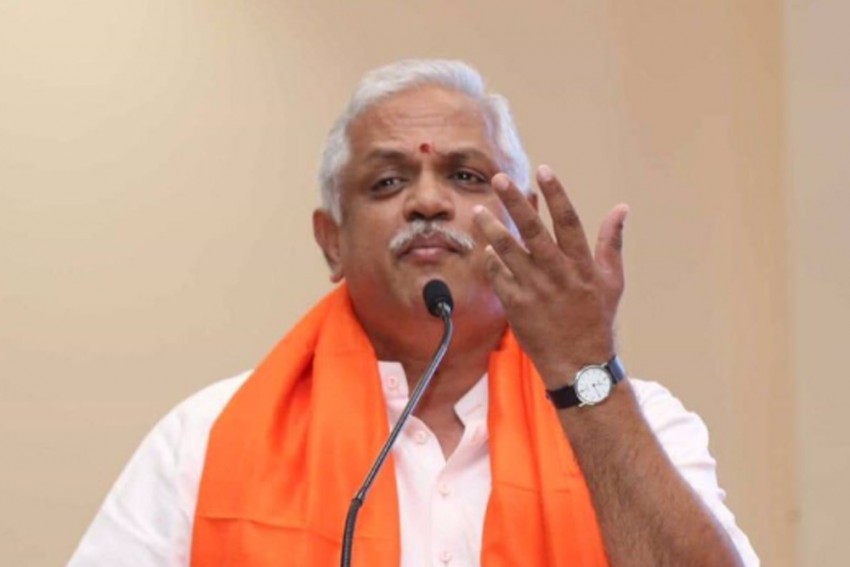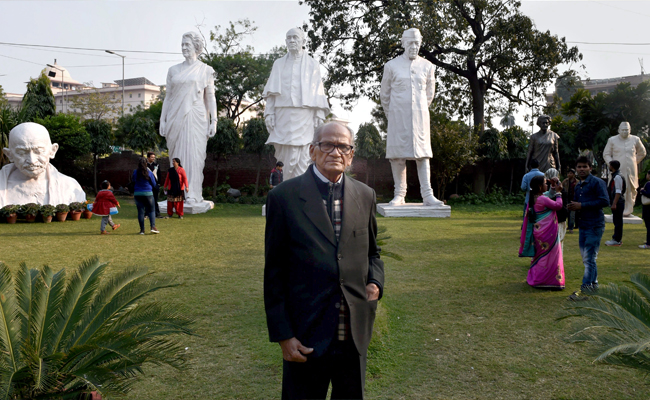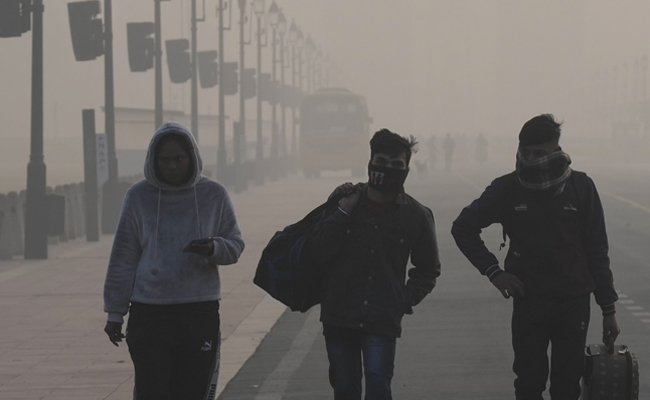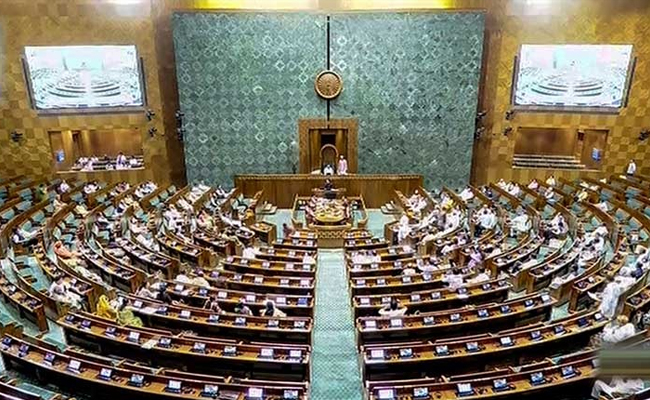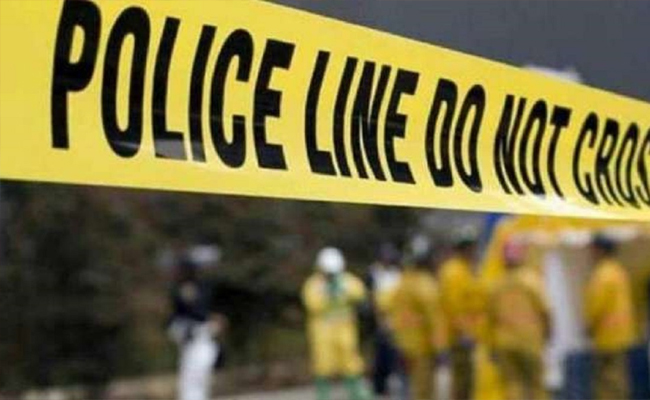Bengaluru, May 21: Alleging that there is no right to make a political free choice or to exercise one's democratic preferences in West Bengal, BJP national general Secretary (Organisation) B L Santhosh on Friday called the Chief Minister of that State Mamata Banerjee "a threat to democracy".
He said the eastern State that had to become a laboratory for democracy has become a laboratory for political violence.
Santhosh alleged that Muslims who have come from Bangladesh illegally and have become leaders in the ruling TMC are playing a huge role in the post-poll violence in West Bengal.
"A total of 26 of our workers have been killed so far (in post-poll violence), including women. There are also instances of damage to properties, atrocities and threat to life, there is a fear to come out and file a complaint as police are inactive, we thought Mamata Banerjee's statement "Khela Hobe' (game is on) as call for political game, but did not realise it was about political violence," Santhosh said.
"TMC and its supremo's politics, their conduct is dangerous to democracy. Mamata Banerjee is a threat to democracy," he said.
Speaking on the topic "Bengal After Elections" virtually, he said everyone would have to work towards getting justice to those affected by violence, make culprits face justice and rebuild the lives of about 12,000 families or 40,000 people in that State.
"There is no right to political free choice, right to exercise one's democratic preferences, right to pursue one's political belief and conviction, right to resort to legitimate political activities in West Bengal today under TMC and Mamata Banerjee's rule," he said.
There is a need to set things right and take West Bengal on the path of development and nationalistic thoughts, he said, adding that "we will have to get justice for Hindu refugees and show the way for illegal entrants, bring in CAA and end political violence."
The BJP general secretary was speaking on the political violence in West Bengal organised by 'Samvada'.
One of the disappointing factors of the elections to five States for which results were declared on May 2 is violence during and post the elections in West Bengal, he said while questioning the alleged silence of the Communist party and Congress leaders.
"Mamata Banerjee who has been ruling the state for 10 years has to be blamed (for violence). The ruling party and the Chief Minister, who despite losing from the constituency she had contested, without any explanation or remorse has occupied the Chief Minister's chair, are directly responsible," he said.
Noting that West Bengal has had its own history of political violence and violence in public life, Santhosh said Mamata Banerjee is its inheritor; she calls herself "Bangal ki Beti", but is silent on violence on other daughters of Bengal by her party workers under her rule.
Political and electoral violence are "pre-determined in the places ruled by Communist in the post-Independent India," he said.
Banerjee, who fought against the Left supremacy in Bengal which ruled the State from 1977-2011, and gained power, instead of working for the progress and welfare of the people and the State made the same violence the basis of her administration.
While in other States' political violence, voter lists and booth-related issues during elections are stray incidents, in West Bengal the politics of "goondagiri" can be seen in the entire State in all the 294 seats, he said.
If one has to see the politicisation of the administration, criminalisation of politics and corruption altogether then West Bengal is the place, he said.
Highlighting Bengal's contribution to spirituality, literature and economy, also to the freedom movement and hence there is a saying that "What Bengal thinks today, India thinks tomorrow", the BJP leader said such a place is in a sorry state today.
Conceding that BJP lost in West Bengal and despite huge expectations managed to get only 77 seats and after two resignations now has 75 MLAs, he said, "It is not the pain of losing power, but it is the pain of Bengal going back to the same old politics of violence is what is hurting us the most."
The public anger against Mamata Banerjee and the inability of Congress and Communists to fight her led to people start supporting the BJP in the State, he said adding Hindus there also stood against her in protest against oppression against the community under her rule.
Santhosh questioned the alleged silence of the media and intellectuals on West Bengal violence.
Let the Truth be known. If you read VB and like VB, please be a VB Supporter and Help us deliver the Truth to one and all.
New Delhi (PTI): Noted sculptor Ram Sutar, known for designing the world's tallest statue — Statue of Unity — in Gujarat, passed away late on Wednesday night at his Noida residence, his son said.
He was 100 and ailing with age-related illnesses.
"It is with profound grief that we inform you of the passing of my father Shri Ram Vanji Sutar on 17th December midnight at our residence," his son Anil Sutar said in a note shared with the press on Thursday.
ALSO READ:LS passes G RAM G bill amid opposition protests
Born in a humble family in Gondur village under the Dhule district of present-day Maharashtra on February 19, 1925, Sutar is known to have been drawn to sculpting from his childhood.
A gold medallist from JJ School of Art and Architecture, Mumbai, Sutar, has to his credit a long list of achievements.
The iconic statues of Mahatma Gandhi seated in a meditating pose and of Chhatrapati Shivaji riding a horse on the Parliament premises rank among his finest creations.
The Statue of Unity honours Sardar Patel, country's first deputy prime minister and home minister.
Sutar was honoured with the Padma Shri in 1999 and the Padma Bhushan in 2016.
Recently, Sutar was conferred with the Maharashtra Bhushan Puraskar, the state's highest award.

